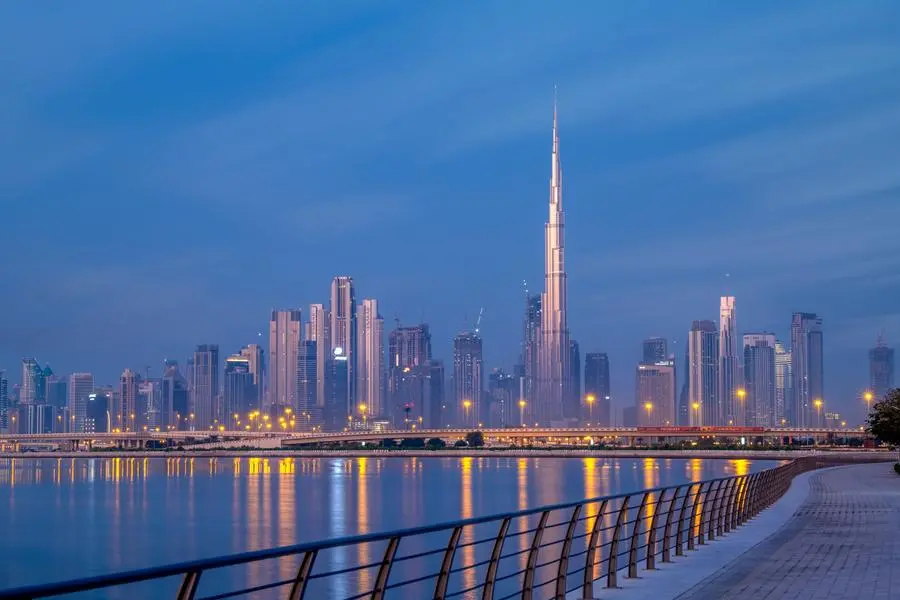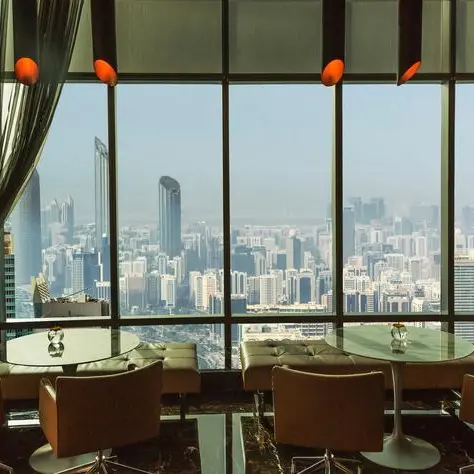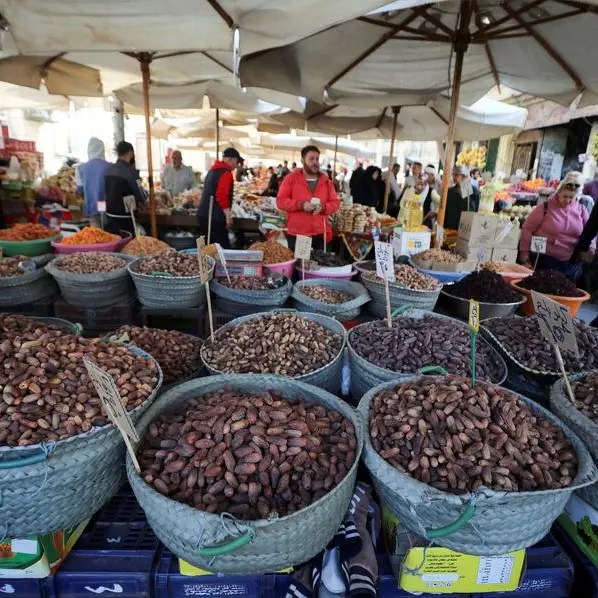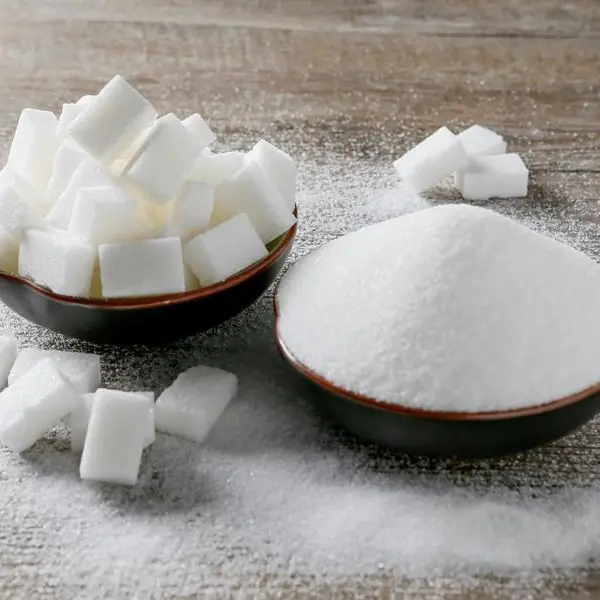PHOTO
Non-oil sector in Dubai indicated a further surge in growth in March as output picked up at a marked rate in response to stronger new business intakes.
A boost in supplier performance meanwhile enabled firms to expand their inventories for the first time in four months. Confidence in future activity rose to the highest since December, despite a concurrent uplift in cost pressures as energy and raw material prices surged.
The headline S&P Global Dubai Purchasing Managers' Index (PMI), which is derived from changes in output, new orders, employment, suppliers’ delivery times and stocks of purchased goods, stood at 55.5 in March, rising from 54.1 in February and for the second month in a row.
The index suggested that the health of the non-oil private sector had improved sharply, and to a greater extent than seen on average over 12 years of survey data.
Dubai businesses signalled a boost to client demand in March, often linked to the lifting of Covid-19 measures and improving confidence.
New business growth accelerated to a sharp pace, albeit remaining slightly weaker than the recent highs at the end of 2021.
Subsequently, output levels expanded to the greatest degree since July 2019, with more than a quarter of firms seeing an uplift since February. Activity growth was particularly strong in the travel & tourism and construction sectors, where a rebound in international tourism and increasing numbers of building projects underlined marked rates of recovery.
"The Dubai PMI moved clear of its previous post-lockdown high in March, registering the strongest performance in the non-oil sector since June 2019. The result rounded off another strong quarter in which relaxed pandemic measures and the Expo 2020 have brought increased economic activity and tourism demand,” said David Owen, Economist at S&P Global.
"Output growth in both the travel & tourism and construction sectors also quickened to the highest since June 2019, with the latter driven by a strong drive among contractors to complete outstanding projects. Wholesale & retail activity likewise rose to a greater extent than in February,” he added.
The global surge in commodity prices due to the war in Ukraine had an impact on Dubai businesses during March, with costs rising at the quickest rate in three months. While some firms opted to pass these expenses onto clients, the urge to support sales growth meant that average selling prices continued to fall, Owen added.
The survey found that following the faster uplift in business conditions, Dubai firms were more confident that activity would grow over the next 12 months during March. The degree of optimism picked up for the second straight month to the highest since December and was slightly above the average seen in 2021.
It said overall inventories rose for the first time since November last year, although the rate of accumulation was mild. The build-up of stocks was helped by a decrease in supplier lead times for the third month running, marking the longest sequence of improving vendor performance since the middle of 2020.
Staff levels were also raised in March, the fourth month in a row in which this has occurred. That said, the data pointed to only a marginal uplift overall.
Copyright © 2022 Khaleej Times. All Rights Reserved. Provided by SyndiGate Media Inc. (Syndigate.info).





















